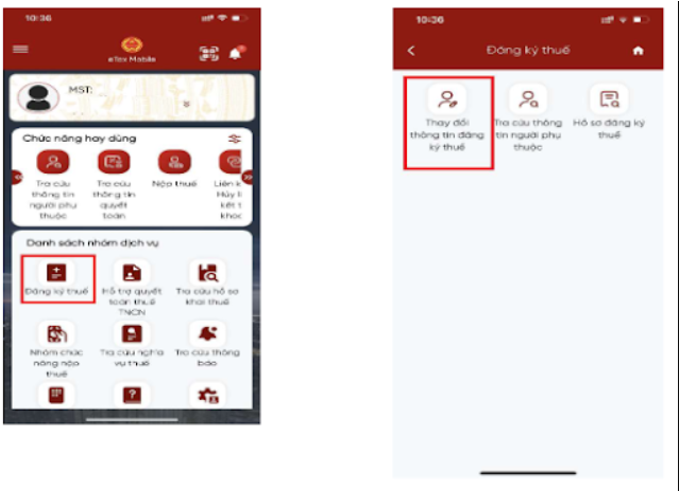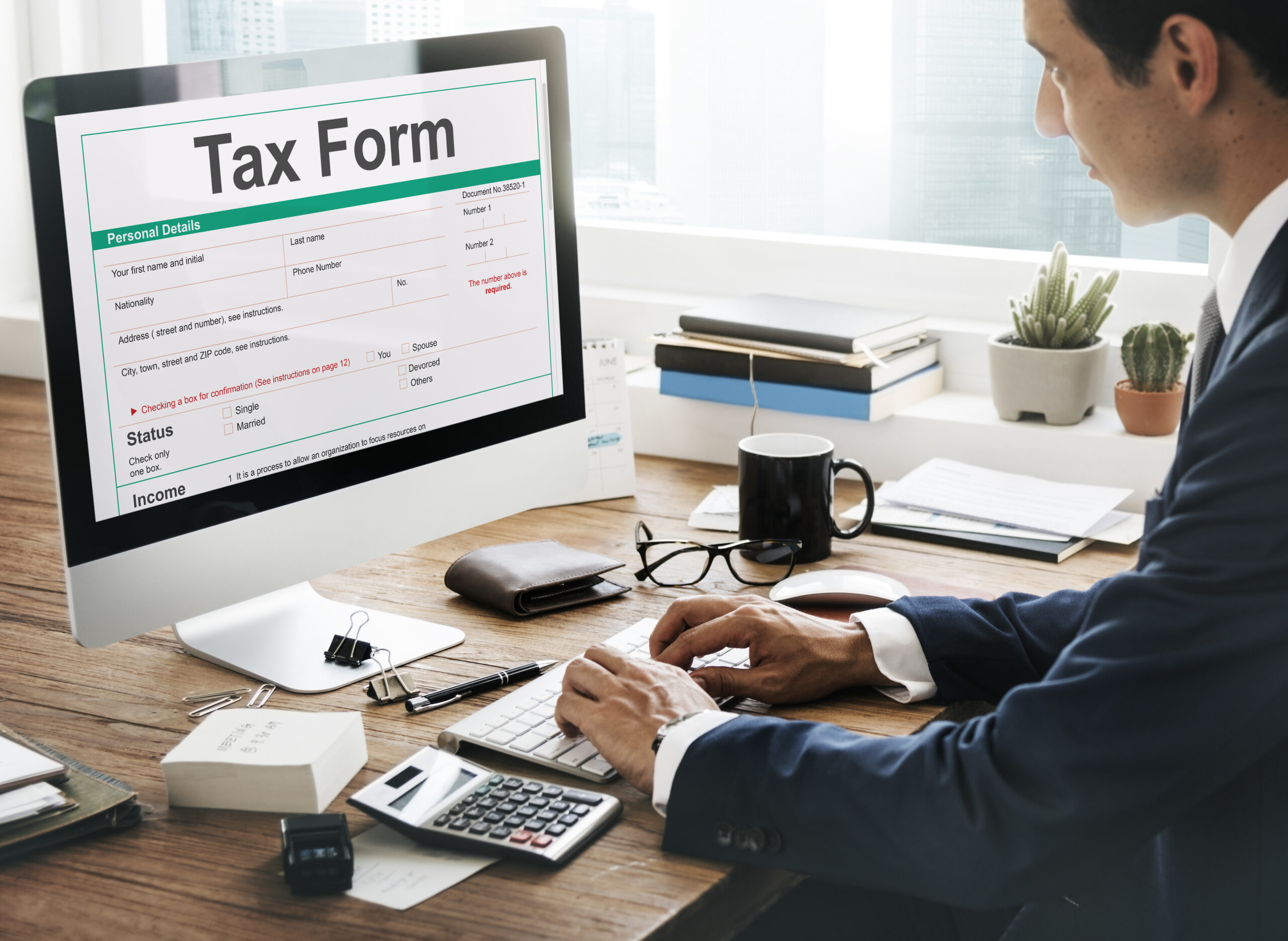5. Key points to note for applicable tax exemptions
Date: 2025.05.22
Points to Note:
Handling taxes for individuals on business trips before they become official legal representatives
Some businesses expanding to Vietnam may assume that non-residents are not obligated to pay taxes. However, non-residents are still subject to a fixed tax rate of 20%. (This tax rate only applies to income originating in Vietnam, not the entire global income.)
For example, a business purchases land use rights and builds a factory in Vietnam. During this time, the business has not officially sent personnel to Vietnam but has sent an employee who is expected to become the legal representative in the future to survey the construction progress and study the market on a short-term business trip.
In this case, the employee is still a Japanese resident and is considered a non-resident in Vietnam. However, their income generated in Vietnam is still subject to personal income tax at a rate of 20%.
In principle, it is possible to apply for tax exemption for short-term business trips, but in practice, those expected to become legal representatives are often not granted tax exemption.
Therefore, it is necessary to determine the potential income generated in Vietnam in advance, then calculate personal income tax based on the number of working days in Vietnam (calculated by day) and file the corresponding tax declaration. Please take note of this issue.
Handling taxes for short-term business travelers.
As mentioned earlier, short-term business trips are also obligated to pay taxes as per regulations.
Not only during the initial phase of setting up a factory, but even after establishing a subsidiary in Vietnam, specialized personnel from the headquarters in Japan, such as engineers, quality control staff, sales personnel, etc., will frequently travel to Vietnam for business.
These business travelers are still required to pay personal income tax in Vietnam based on the number of days they stay in Vietnam. However, according to the Double Taxation Avoidance Agreement between Vietnam and Japan, if they apply for tax exemption before the business trip, they may be exempt from personal income tax.
However, it should be noted that if these business travelers are expected to become the legal representatives of the company in Vietnam in the future, in practice, the tax exemption application for short-term business travelers is often not accepted. Therefore, businesses need to proactively consider and handle tax procedures appropriately.
Conditions for tax exemption for short-term business travelers
To qualify for tax exemption as a short-term business traveler, the following conditions must be met:
The total number of days of stay in the calendar year must be less than 183 days.
Salary and other income of the business traveler must be paid by the parent company in Japan. (The prerequisite is that the subsidiary in Vietnam does not pay any salary or expenses related to the business traveler.)
Calculation of days of stay: Both the day of entry and the day of exit are counted as one day.
The above are the important points regarding personal income tax in Vietnam.
On the next page, we will explain in detail about social insurance and income tax for Japanese people working in Vietnam. If your business has any questions about personal income tax in Vietnam or our services, please contact us for detailed consultation.



